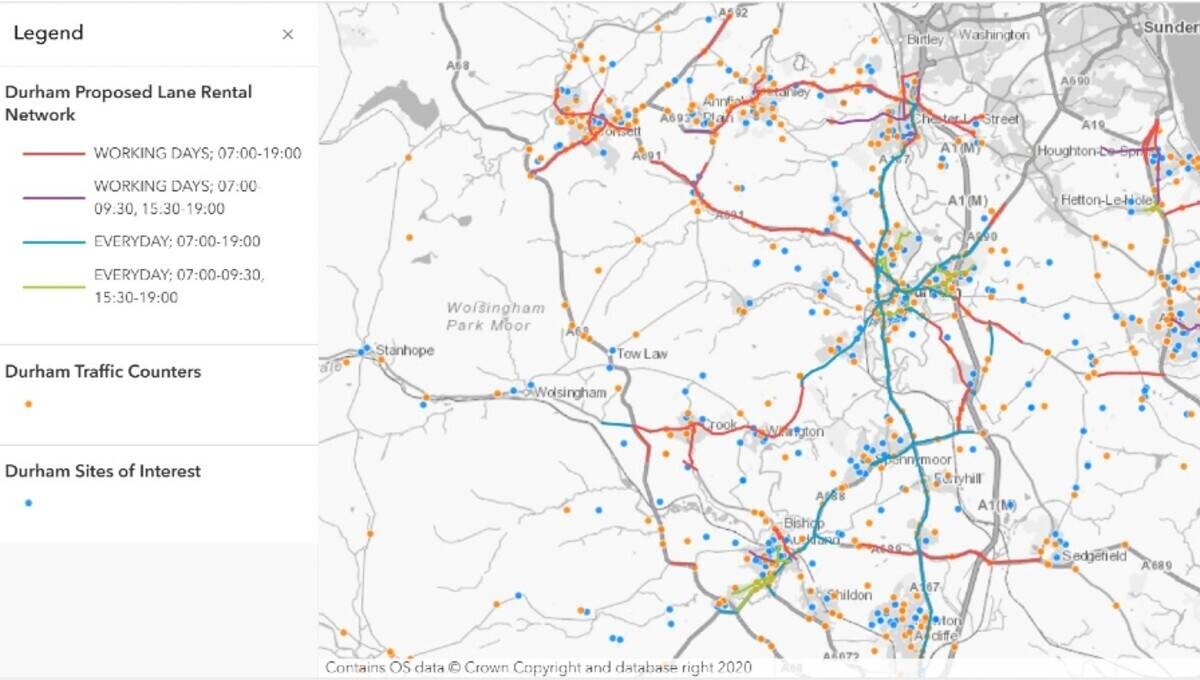To date IA has processed over 4m individual addresses and report a match rate of 96.72%.
All Local Authorities must format their data and assign a UPRN to each address in their Registers in order to meet the Ministry of Justice's (MOJ) data standards directive, and by December 2009. The IA process helps them to achieve this. It is designed to improve the quality and integrity of electoral registers, facilitate effective checking of political party donations and help in detecting certain types of fraud. The driver for the data standards work is the future implementation of the Co-ordinated Online Record of Electors (CORE). The directive is the result of a recommendation by the Electoral Commission following lengthy consultation with the Ministry of Justice, Political Parties, Electoral Registration Officers (EROs) and software suppliers.
IA's service helps EROs in each Local Authority to bring their electoral data up to the required standard. This involves a five-stage process, which checks data integrity, converts it to BS 7666 format, matches it to the NLPG, and provides a detailed report suggesting options on how Authorities should proceed. Anomalies are resolved between the EROs and the Local Authority Local Land and Property Gazetteer (LLPG) Custodians. Since every voter must have an address in order to vote, this may either involve Authorities creating new UPRNs (unique property reference numbers) where they are missing in the local gazetteer, or the EROs adding addresses into their Registers. When the upgrades to the Electoral Register Management Systems have been installed IA can make available the addresses in BS7666 format, which have to be loaded alongside those recorded in the current systems. The whole process has to be completed in order to meet the December 2009 deadline.
David Canning, CORE Project Manager at the Ministry of Justice will be speaking on these issues at the annual NLPG NSG conference âUnderpinning Transformation Government' on 16 October in Birmingham.
"This is a great start to a process that will greatly improve the rigour of Electoral Registers and the standard of democracy in the UK," said Michael Nicholson, Managing Director of Intelligent Addressing. "We are delighted to be providing a service that is really helping Local Authorities meet the requirements of the MOJ directive and with time to spare," continued Nicholson.
30th September 2008
Notes to Editors:
The NLPG was initiated in 1999 to become the master address dataset for England and Wales and the central hub for the 376 address creating Local Authorities and their Local Land and Property Gazetteers (LLPGs). Based on unique property reference numbers (UPRNs) the underlying principle of these gazetteers is to provide a single definitive ad dress database for all departments and systems across a local authority in order to cut costs, improve efficiency and service delivery.
The Improvement and Development Agency (IDeA) The IDeA works in partnership with all councils, to enhance the performance of the best, accelerate the speed of improvement of the rest, and develop the sector as a whole. IDeA has brokered the Mapping Services Agreement (MSA) with Intelligent Addressing to develop the NLPG and NSG, through the Local Government Information House (LGIH), a wholly owned subsidiary of the Agency.
Working in partnership with the local government community developing national infrastructure projects that enable councils to deliver local services more effectively, LGIH acts as an intermediary between the public and the private sector enabling it to negotiate with private companies on behalf of local authorities in order to provide key parts of a technical infrastructure for improved service delivery.
IDeA contacts:
Paul Bailey | 020 7296 6600 | Email: [email protected] | www.idea.gov.uk
Intelligent Addressing is a specialist private sector consultancy (an SME) employing recognised experts in addressing. It was originally set up to help develop the National Land and Property Gazetteer (NLPG) on behalf of local government and now manages the NLPG and NSG central data hubs under the terms of the Mapping Services Agreement (MSA) with local government.
Intelligent Addressing contact:
Gayle Gander, Head of Marketing | 0207 747 3500 | E-mail: [email protected] | www.intelligent-addressing.co.uk, www.thensg.org.uk, www.nlpg.org.uk
Editorial enquiries and colour separation requests:
William Allbrook | T: 01666 826641 | F: 01666 824668
The Underpinning Transformational Government conference is the annual conference for the NLPG and NSG. The conference focuses on the identification of 'place', which is vital to the function of government; everything happens somewhere and all services are delivered based upon knowledge about locations. The National Land and Property Gazetteer (NLPG) and the National Street Gazetteer (NSG) are two key data initiatives that facilitate the joining up of service delivery systems and organisations. This event will demonstrate the importance of definitive data in enabling Transformational Government. See www.nlpg.org.uk



